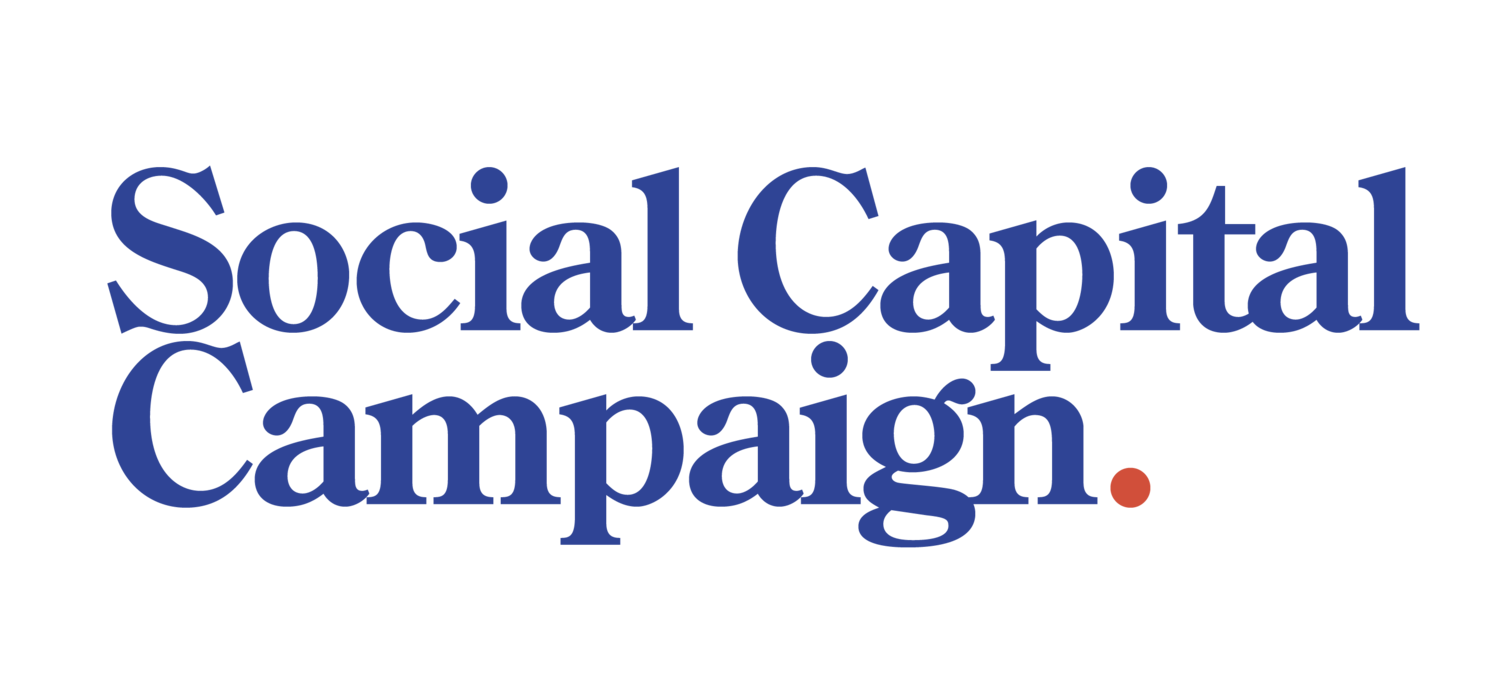1/7 A Civil Society - FOREWORD
FOREWORD
Across my career, advising the Speaker of the House on welfare policy, running the Temporary Assistance to Needy Families program for the George W. Bush White House, and as Deputy Director of the Office of Family Assistance, I have always been acutely aware of the crucial role that is played by the nonprofit sector and faith groups in providing vital voluntary help to American communities. Without the welfare provided by wider associational life, federal government programs would be swamped with need they could only fail to meet.
Crucial to the health of our country, her people, and our institutions is a strong, robust civil society–those free associations that give so much meaning to life: family, friends, neighbors, houses of worship, and our communities.
Faith groups, nonprofits, societies, clubs, and neighborliness builds trust and rich networks of relationships critical for individuals to experience human flourishing. This is why the decline of such associational life as documented by Putnam and others, and as described in this report, are of such concern.
The bedrock of American life is our care for one another. To see it in decline does not bode well for our future generations.
Addressing polarization, and the funding that fuels it, as described in this report, should help to reverse this decline.
There is good news in the levels of trust in local government, small business, and independent churches. A starting point for the reversal of decline in social capital. And Americans are buoyant, hopeful that trust in our institutions and one another can indeed be rebuilt.
This report, and the recommendations it makes, are a thoughtful contribution to a wider conversation about how we are able to build a more Civil Society.
Kiki Bradley
Senior Fellow, Social Capital Campaign



